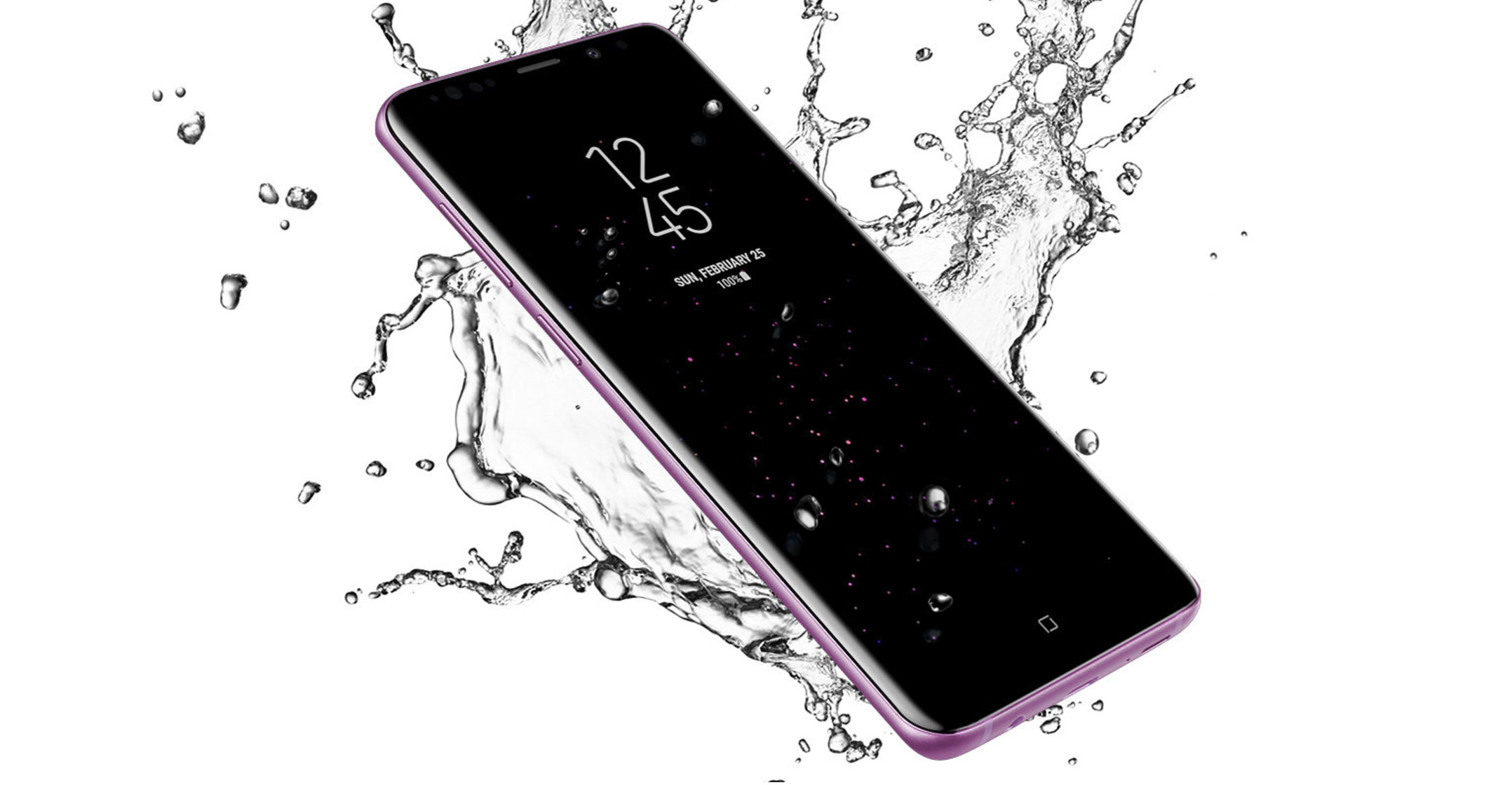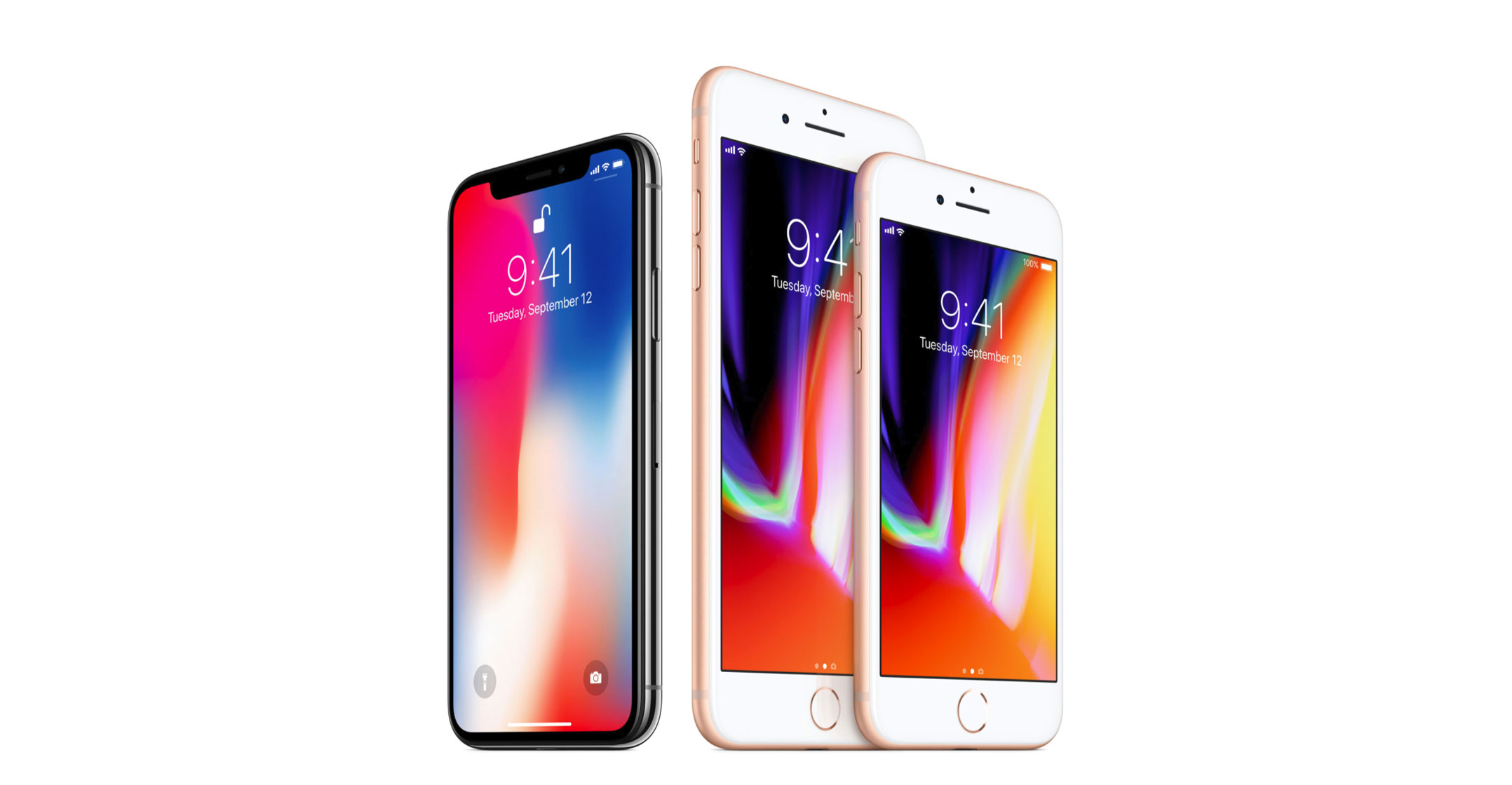
Apple has won US$539m from Samsung Electronics in the final throes of the companies’ US court struggle over smartphone technology, seven years after the start of a global patent battle.
Apple sought about $1bn in a retrial of a case that originally produced a verdict of that amount in 2012, while Samsung argued it should pay only $28m this time.
Jurors in federal court in San Jose, California decided only on damages on Thursday. It was already established that the South Korean company infringed three of Apple’s design patents — covering the rounded corners of its phones, the rim that surrounds the front face, and the grid of icons that users view — and two utility patents, which protect the way something works and is used.
“Today’s decision flies in the face of a unanimous supreme court ruling in favour of Samsung on the scope of design patent damages,” Samsung said in a statement after the verdict. “We will consider all options to obtain an outcome that does not hinder creativity and fair competition for all companies and consumers.”
John Quinn, a lawyer for Samsung, told the judge the verdict isn’t “supported by the evidence”, and that the company would raise its objections in court filings.
Apple said in a statement that the case “has always been about more than money”.
“We believe deeply in the value of design, and our teams work tirelessly to create innovative products that delight our customers,” the company said.
The basic question for the jury was: should Samsung have to pay damages based on sales of its smartphones or just their components that infringed the iPhone maker’s patents?
A $1.05bn jury verdict in 2012 was whittled down by a previous retrial in 2013, along with appeals and adjustments. After Samsung agreed to pay some damages, the case went to the US supreme court in 2016 and was returned to US district judge Lucy Koh with an order to revisit $399m of that award. Now Samsung has to pay an additional $140m.
‘Big win’
The verdict is a “big win” for Apple, said Michael Risch, a law professor at Villanova University School of Law in Pennsylvania. After the supreme court’s ruling, “Apple’s upside should have been capped at what it won before”, he said. “Beating that number at trial is a huge victory given that the supreme court has theoretically ruled against it.”
That also makes it a “huge loss” for Samsung, “and shows the risk it took by continuing to fight”, he said. “Samsung’s luck with the jury ran out this time, and Apple received a bigger proportion of what it sought.”
The Apple verdict is the third largest US jury award in 2018 so far, according to data compiled by Bloomberg. It’s the biggest damages award for a patent case this year, followed by a $502.6m verdict that Apple lost in Texas to VirnetX in April.

Samsung previously paid Apple $548m — $399m for products that infringed the design patents plus more for infringing a utility patent not at issue in the retrial. The damages retrial before Koh gave Samsung a chance to argue Apple wasn’t entitled to all of its profit from the infringing phones, and recoup at least some of the money. The jury’s damages total will ultimately be calculated against the $399m Samsung has paid.
Samsung earned $38.9m in profit each day, or $1.6m/hour, from sales of its mobile devices based on its most recent quarterly earnings, with a chunk of that coming from sales of its smartphones. That means the single division of the technology giant could pay Apple in about two weeks.
The technology landscape has shifted significantly since the 2012 trial. Apple has expanded its iPhone line-up to include more expensive as well as cheaper models. It’s also revamped the phone’s interface with new icons, colours and gestures. Samsung has added new models with curved screens and iris scanners that Apple has eschewed.
The two companies remain far ahead of the competition globally in phone sales, but Chinese phone makers like Huawei and Oppo have begun to eat into Samsung’s market share while Apple’s has remained fairly steady.
In the first quarter this year, Apple held 16% of the smartphone market, while Samsung accounted for 23%, according to data from IDC. That compares to 30% for Samsung and 19% for Apple in 2012, the year of the original trial.
While the verdict isn’t significant for either company’s bottom line, Apple has long maintained there’s a bigger principle at stake. After the 2012 jury sided with Apple, CEO Tim Cook said the lawsuit was about values, and that the company “chose legal action very reluctantly and only after repeatedly asking Samsung to stop copying” its work.
Although the smartphone market is no longer growing, Apple and Samsung will probably remain competitors for decades to come in new categories such as self-driving cars, augmented reality glasses, smart speakers and artificial intelligence software. — Reported by Joel Rosenblatt and Mark Gurman, with assistance from Margaret Cronin Fisk, (c) 2018 Bloomberg LP

